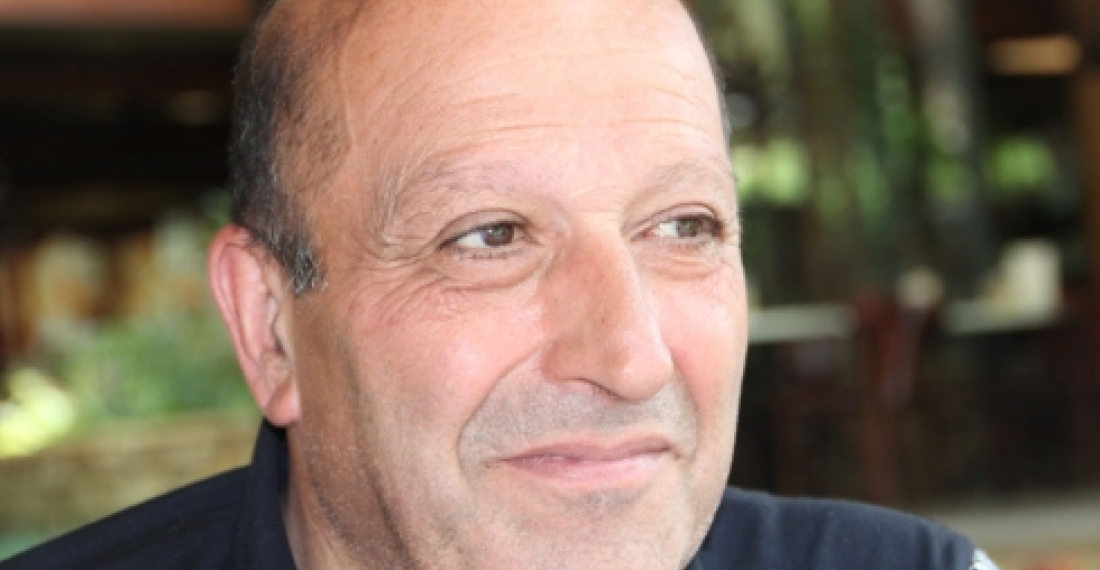Recently I happened to meet a very interesting person. I was sitting in a café when I heard somebody fluently speaking Armenian with a slight Western Armenian accent. I curiously strained my ears to hear what was being said without being noticed. But I was no longer able to resist my curiosity once I understood that the speaker was from Nagorno-Karabakh! I turned to the table where that man was sitting with a friend, introduced myself and asked if I could join them. The man gave me an amicable smile and welcomed to take the vacant seat.
His name was Shahen Baleozyan. He was the chief doctor of Kashadagh district. He said he was in Yerevan on holiday but was going to retire upon his return because of some health problems.
An immigrant from Syria, Mr.Baleozyan told me how he had got to Berdzor (Latchin) and why he had stayed there to live and work miles away from his family.
“I remember the year 2007, when I came to Armenia with my son, who was willing to enter the Yerevan Medical Institute. One evening I was watching TV when I saw an announcement inviting doctors to work in Nagorno-Karabakh... My first thought was ‘I must help my country.’ So, the next day I went to the interview. There were twenty of us but only four qualified. We were interviewed by Artsakh Buniatyan, the chief doctor of the Nagorno-Karabakh Republic. It was a strange interview, I must say... He asked a couple of questions, I answered and, then, we began looking at one another. I think it was then that we understood that we could get along well.
And now I was already on my way to Karabakh... I was very lucky: the driver of the car had turned out to me my distant relative and had agreed to give me shelter until I got my own dwelling.
After a while as a surgeon, I was offered the posts of director of the local hospital and chief doctor of the district. I had never been manager before so I was forced to learn some standards and the labor code.
Realizing what a great responsibility it was to take control of a war-ridden business, I started to actively modernize it. The major problem was the shortage of personnel. I pulled the strings and very soon we opened obstetrics, gynecology, surgery and therapeutics departments.
My friends abroad helped me to find drugs and equipment. I did it all without being paid as the social-economic situation was just beginning to improve.”
The friend of Mr.Baleozyan said that he was not only a doctor and manager but also a benefactor: he has restored the local medieval church, has provided his personnel with new uniforms. Mr.Baleozyan was silent all the time while his friend was praising him. Then, he told me a funny story that had made him “famous...”
“I am not a professional singer but I always sang in choirs when I was a child... When the Berdzor Church resumed its services, I talked with the local priest and he agreed to hire me as ... a singer. And then came the day when I first sang. The service was underway when I suddenly noticed that people were looking at me curiously and whispering something to one another. After the service they began approaching me and asking for how long I had been engaged in singing. I don’t remember how it all ended on that day but the fact is that since then people have known me better as a singer than a doctor!”
Saying this, my smiling companion apologized, explaining that he had an appointment and had to go.
The special thing about our conversation was that Mr.Baleozyan was telling about hardships with such an ease that for some moment I forgot who he was and what privations he had gone through...
For a long time after his departure I was still thinking about the small town, its residents, the local church, the district doctor singing in it - the man who tried to bring people to life after destruction by showing them how important it was to have strong will and to believe in eternal values.
Gohar Karapetyan
A doctor singing in a choir...
A doctor singing in a choir...







